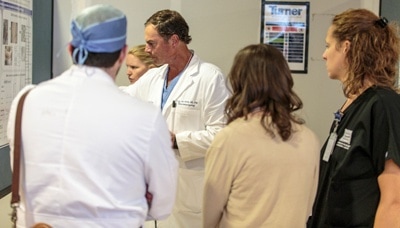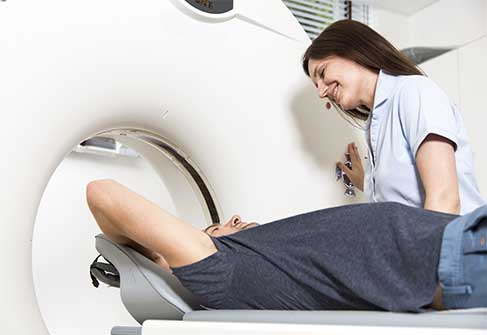
Translational research is often described as the process of moving knowledge from the “bench,” which refers to basic scientific discovery, to the “bedside,” which refers to the application of research. The National Institutes of Health has defined two types of translational research:
Type 1 is defined as taking research that has been performed on animals or cells and advancing it to involve humans subjects, either through clinical trials or further research. Type 1 is also sometimes defined as incorporating research findings into clinical settings. In this framework, clinicians not only receive new tools from researchers but also make observations about their patients that help guide additional research.
With the understanding that the application of research sometimes fails to make its way outside of advanced academic medical centers, type 2 describes an effort to incorporate research into everyday medical practice. Referred to by some as moving knowledge from the bedside to the community, type 2 involves educating practitioners, determining the effectiveness of research-derived treatments, and analyzing the economic impacts of new methods.


 RSS Feed
RSS Feed
